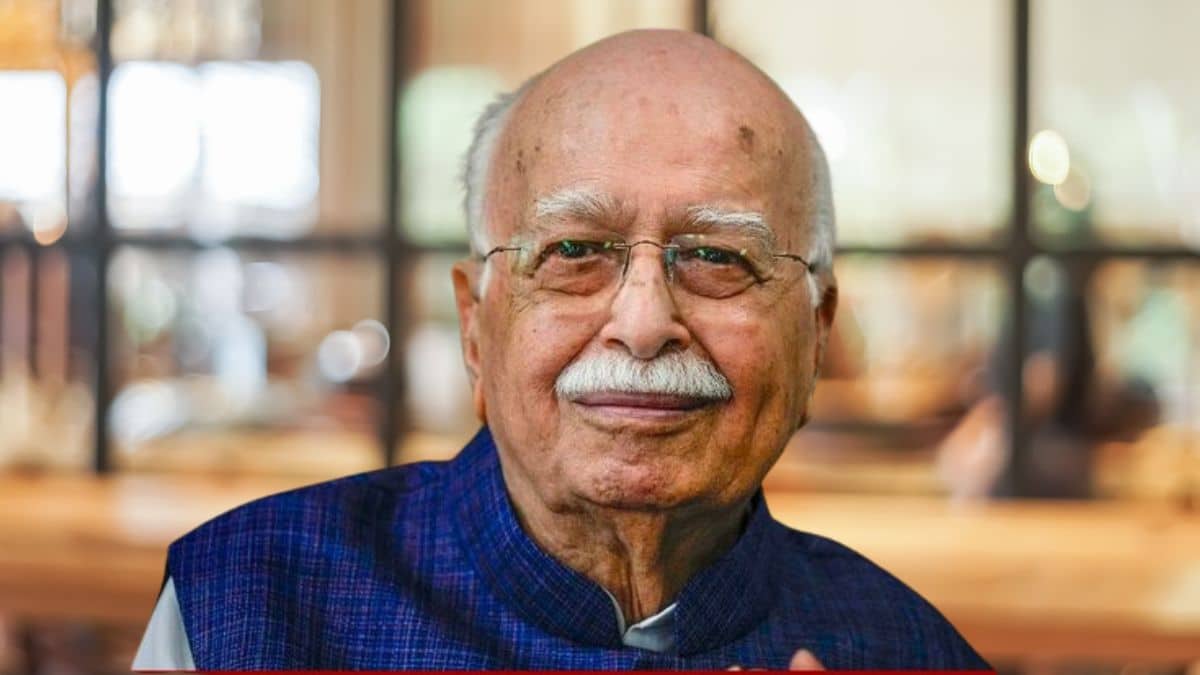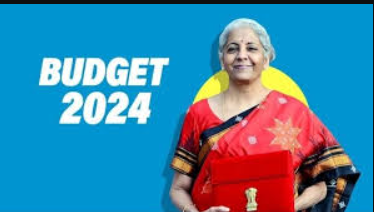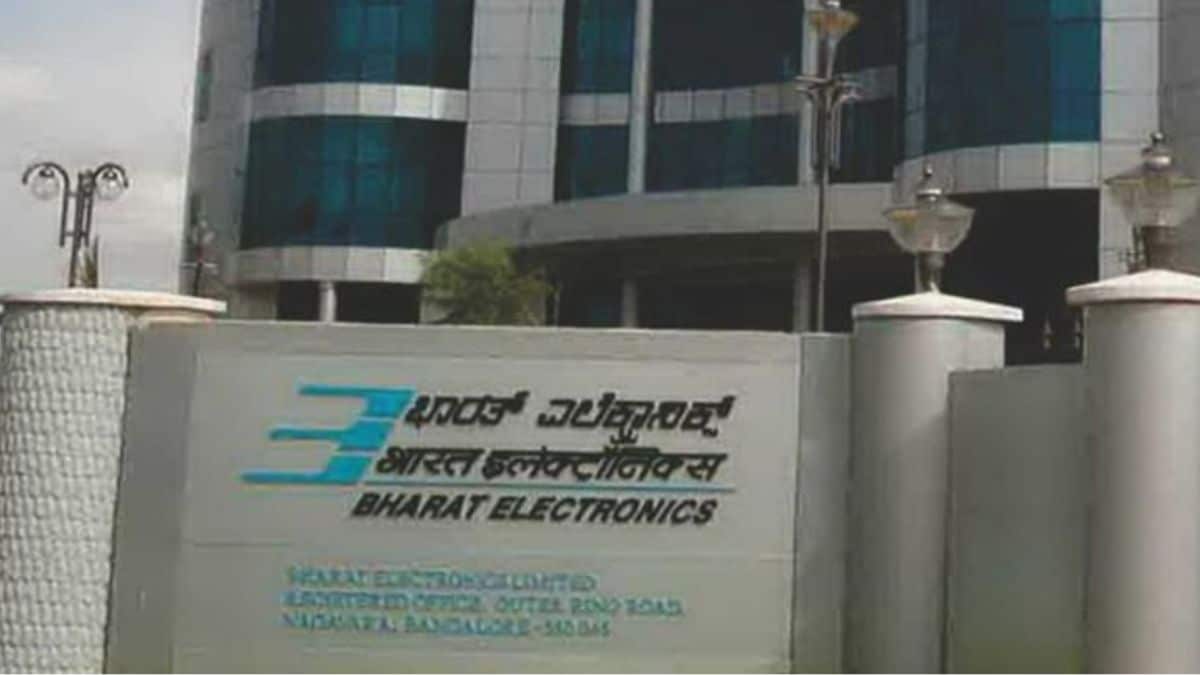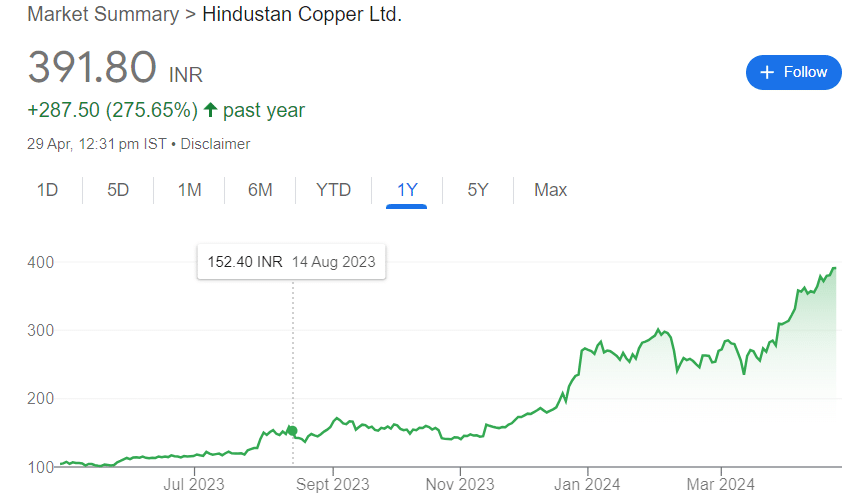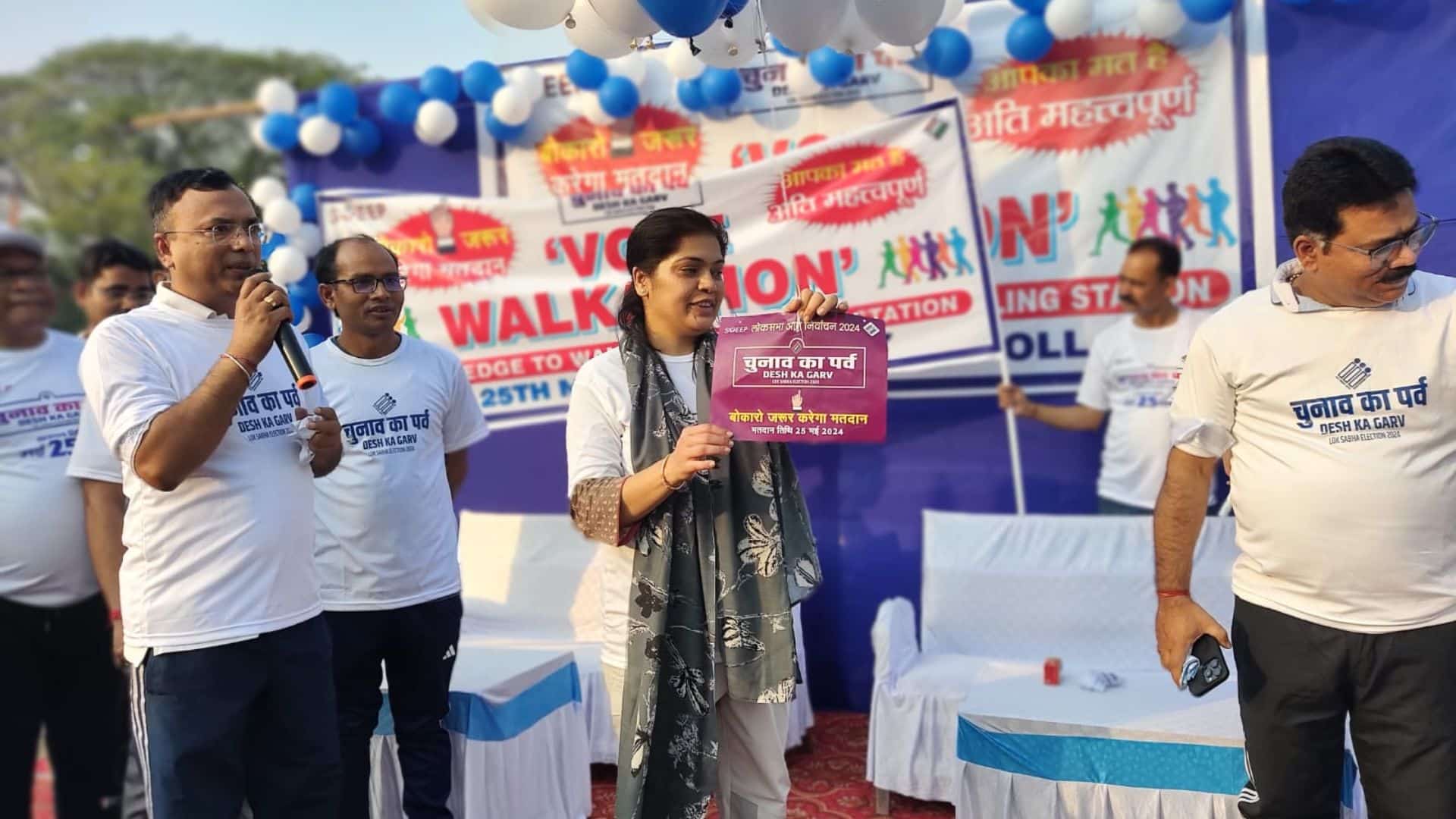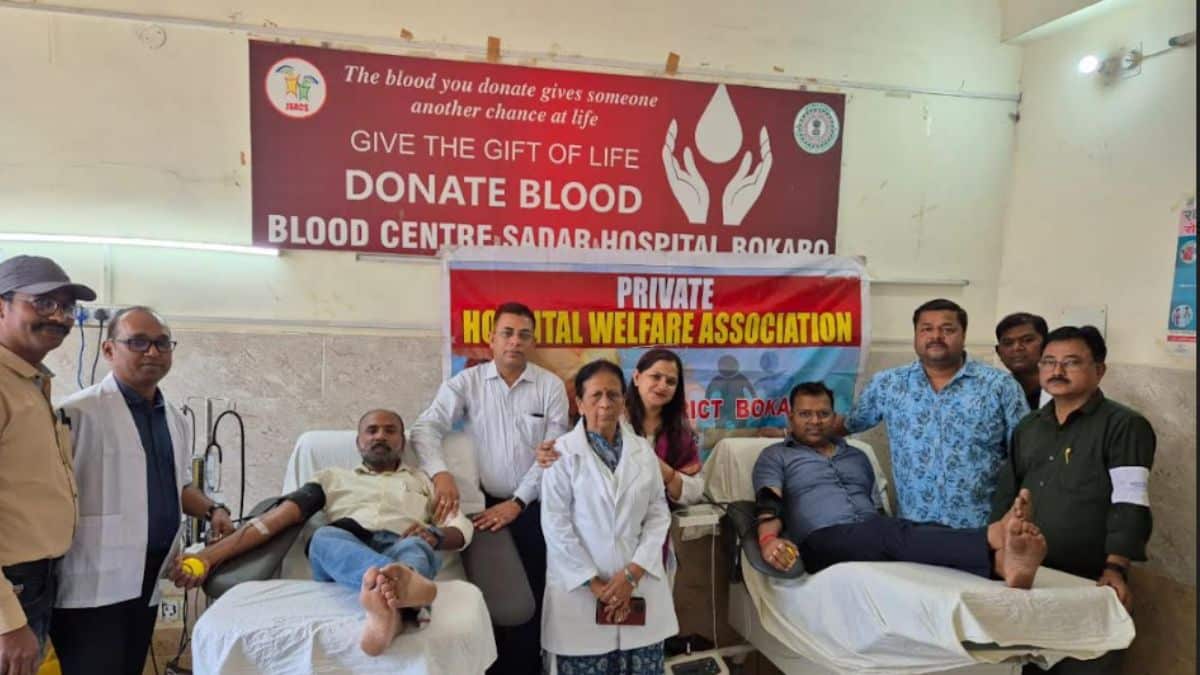Explore the political odyssey of Lal Krishna Advani previous offices, tracing through his impactful journey and leadership in various previous offices that shaped Indian politics.
also read Pradhan Mantri Poshan Shakti Nirman: Transforming Nutrition for Education
Introduction: Lal Krishna Advani Previous offices
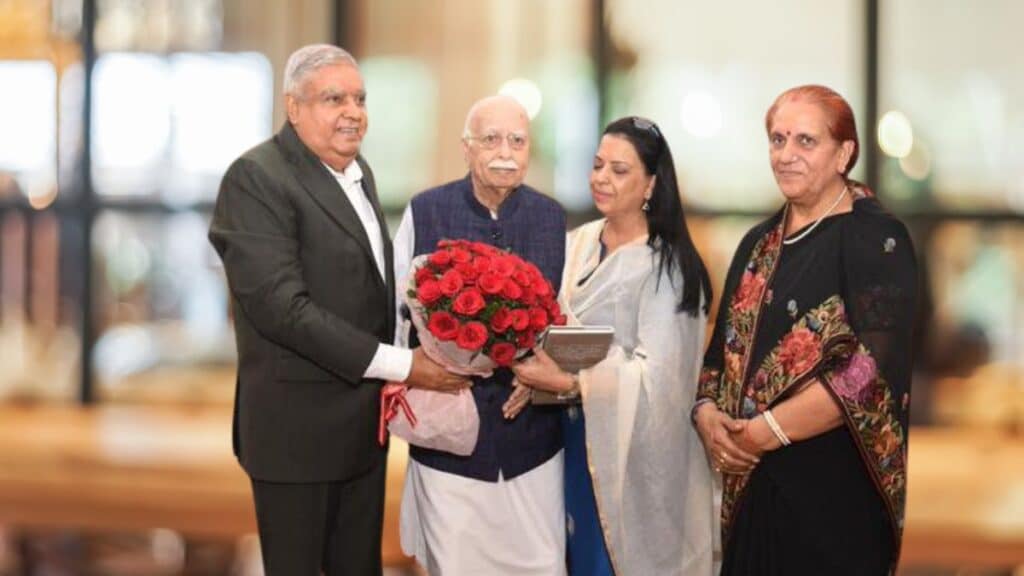
Lal Krishna Advani, born on November 8, 1927, stands as a prominent figure in Indian politics, leaving an indelible mark on the nation’s political landscape. As one of the co-founders of the Bharatiya Janata Party (BJP) and a longstanding member of the Rashtriya Swayamsevak Sangh (RSS), Advani’s political career spans over seven decades, marked by pivotal roles in various offices and crucial moments in Indian history.
Early Years and Rise within RSS:
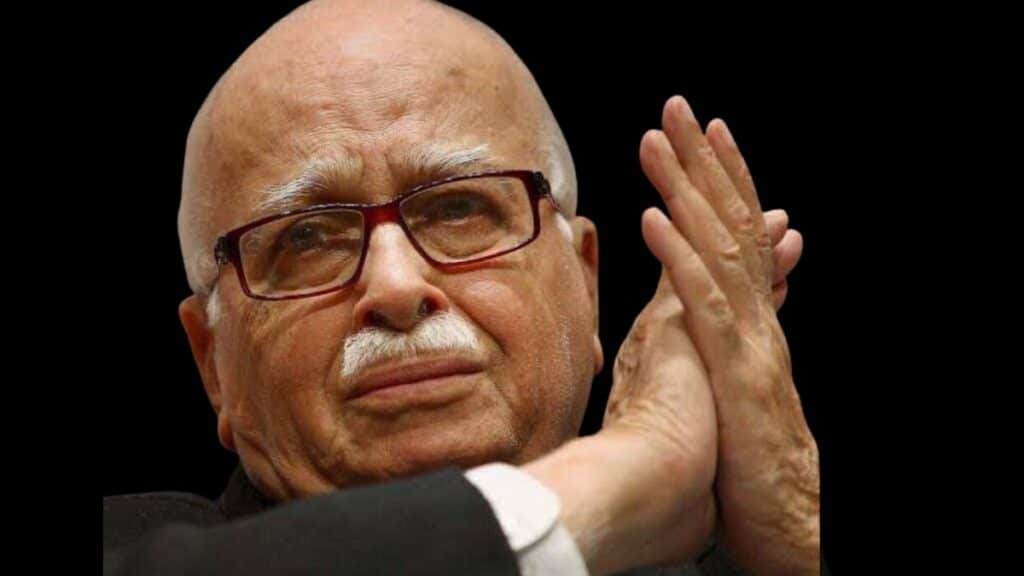
Advani’s political journey began at the age of fourteen when he joined the Rashtriya Swayamsevak Sangh (RSS) in 1941. Serving as a pracharak, he played a vital role in conducting shakhas and later became the secretary of the Karachi unit in 1947. Post-partition, Advani continued his work as a pracharak in Rajasthan until 1952, contributing to the organization’s growth.
Jana Sangh Leadership and Parliament Entry:
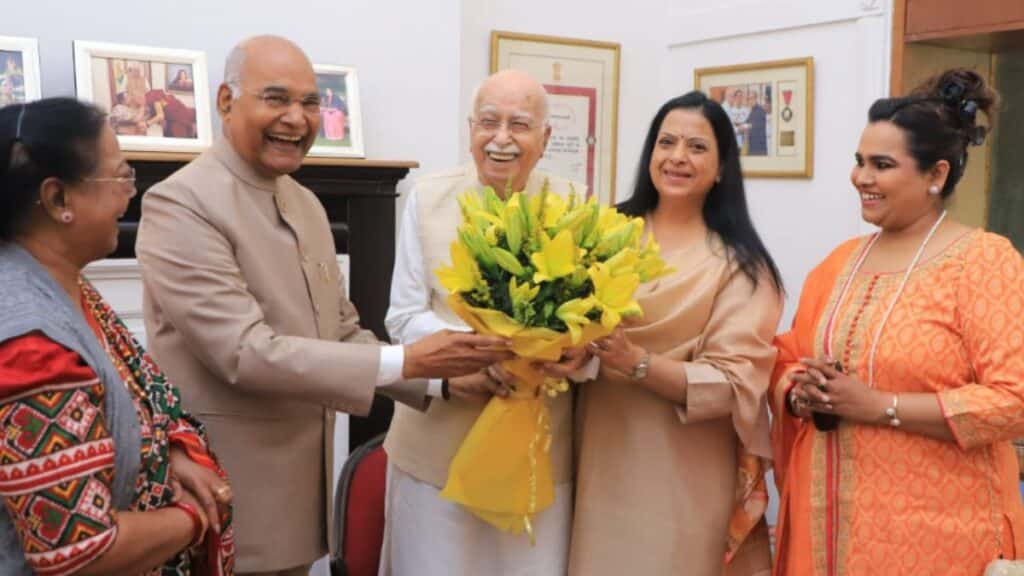
Advani’s affiliation with mainstream politics started in 1951 when he became a member of the Bharatiya Jana Sangh (BJS), a political party founded in collaboration with the RSS. His leadership roles within the party, including serving as the leader of BJS in the Delhi Metropolitan Council from 1966 to 1967, marked his growing influence.
Janata Party and Cabinet Minister:
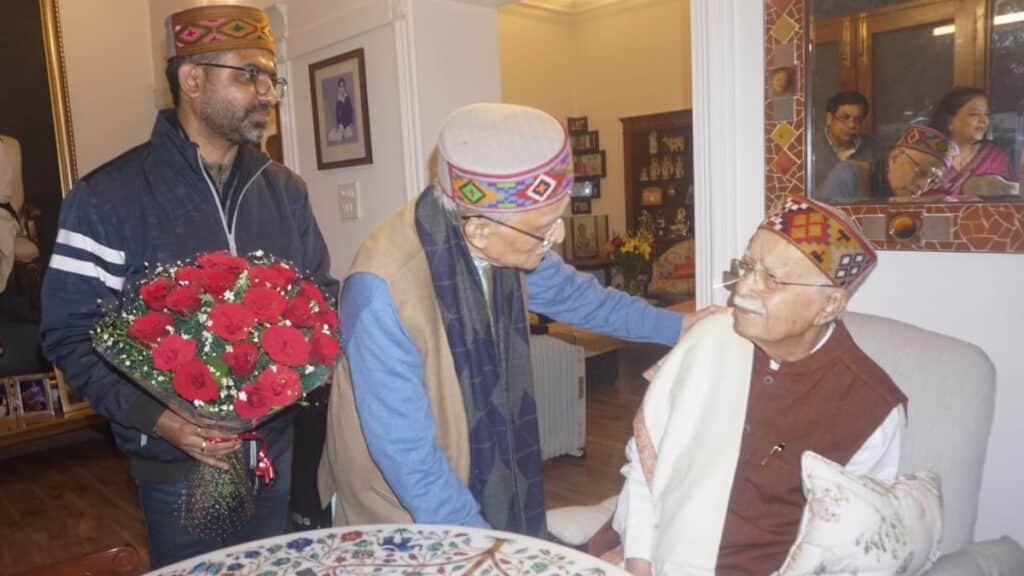
The political landscape witnessed a shift in the mid-1970s with the formation of the Janata Party. After the 1977 elections, Advani assumed the position of Minister of Information and Broadcasting under Prime Minister Morarji Desai. Despite the government’s dissolution in 1980, Advani continued to play a crucial role as the leader of the opposition in the Rajya Sabha.
Formation of BJP and Advocacy for Hindutva:
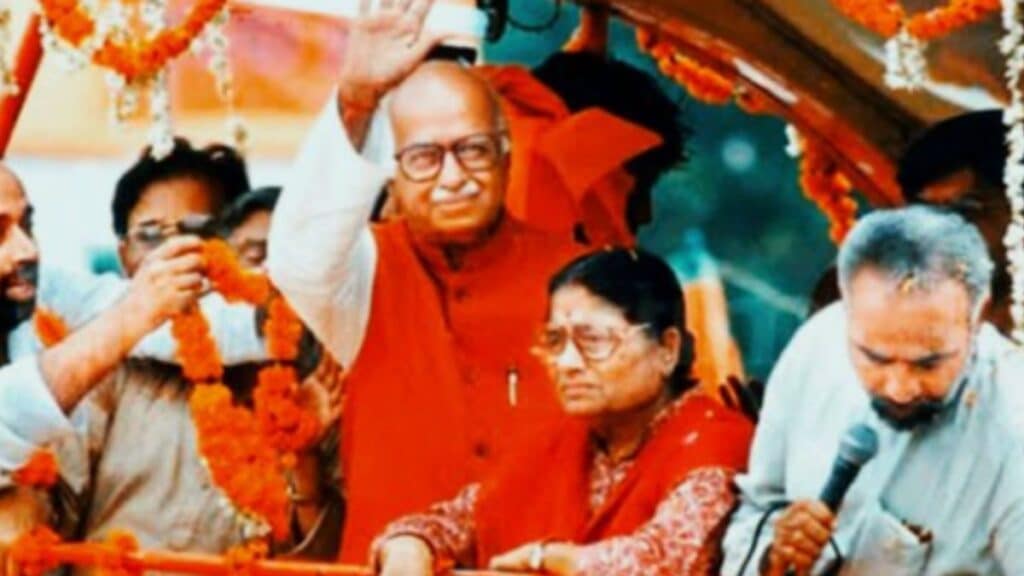
In a significant turn of events in 1980, Advani, along with fellow members of the erstwhile Jana Sangh, founded the Bharatiya Janata Party (BJP). This marked a pivotal moment in Indian politics, with Advani elected to the Rajya Sabha for the third time in 1982. The BJP’s shift towards the Hindutva ideology and its active involvement in the Ayodhya dispute became defining aspects of Advani’s leadership.
Rath Yatra and Rise of BJP:
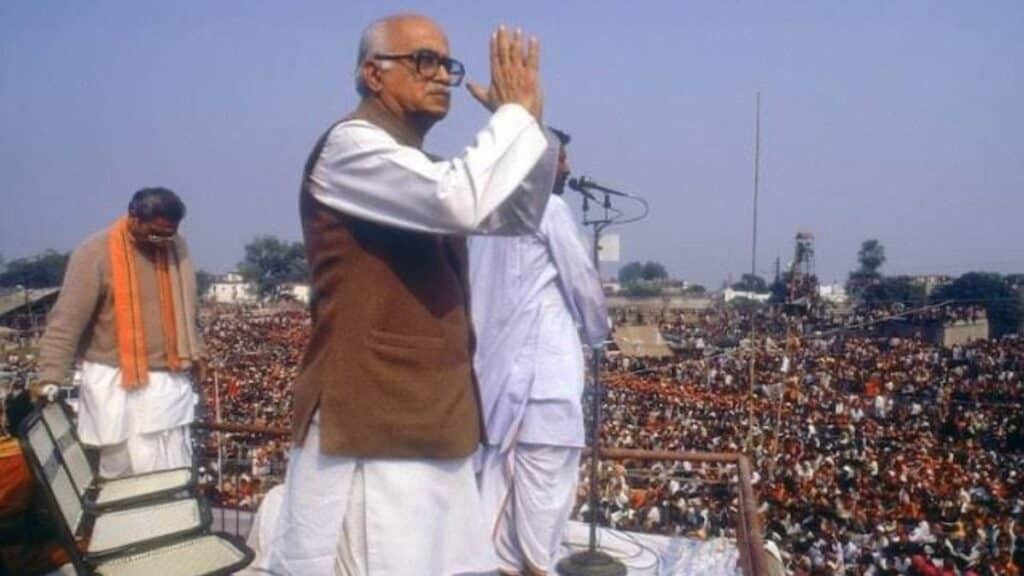
Advani’s Rath Yatra in 1990, mobilizing support for the Ram Janmabhoomi movement, showcased his ability to galvanize the masses. The BJP’s success in the 1989 elections and subsequent support for the Ayodhya dispute contributed to Advani’s election to the Lok Sabha for the first time in 1989.
Home Minister and Deputy Prime Minister:
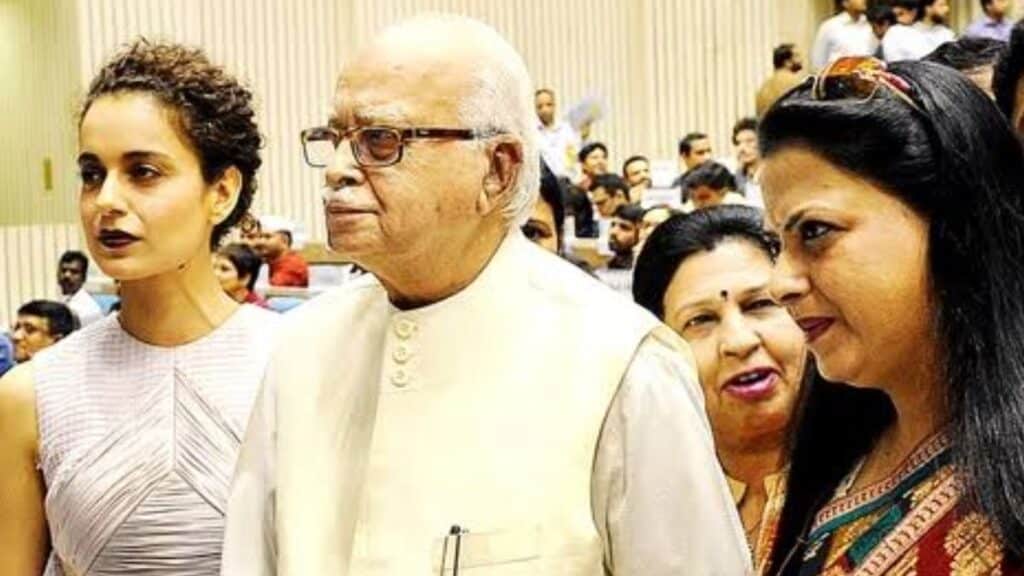
Advani’s political stature reached new heights in the late 1990s. After the BJP-led National Democratic Alliance (NDA) came to power in 1998, he assumed the role of Home Minister. His tenure saw significant developments, including being elevated to the position of Deputy Prime Minister in 2002.
Leader of Opposition and Prime Ministerial Aspirations:
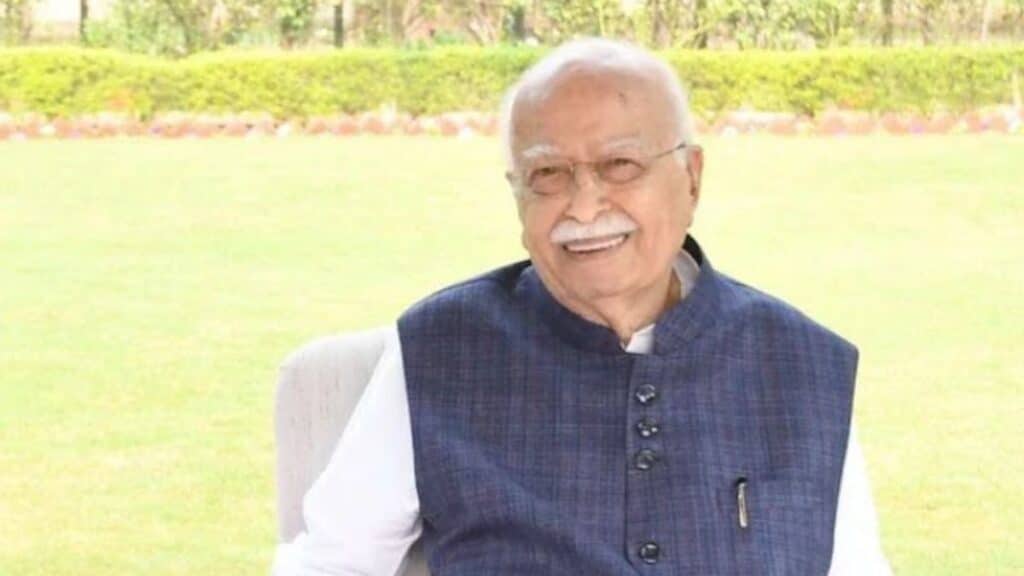
Following the defeat in the 2004 general elections, Advani continued to lead the BJP as the leader of opposition. His aspirations for the prime ministerial role were evident, and he contested the 2009 elections as the BJP’s candidate for the position.
Legacy and Later Years:
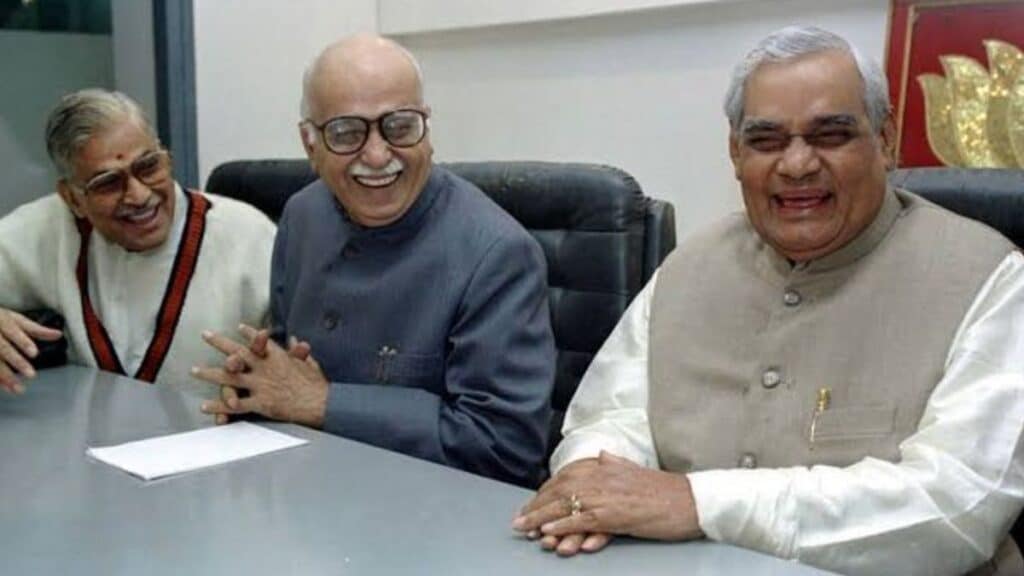
Advani’s enduring legacy is marked by his contributions to the BJP’s rise, the Ayodhya movement, and his leadership roles in various government offices. Despite facing challenges and controversies, his impact on Indian politics remains significant.
Conclusion:
Lal Krishna Advani’s journey through key offices in Indian politics reflects a lifetime dedicated to shaping the nation’s destiny. From the early years in the RSS to the formation of the BJP, his leadership roles have left an indelible imprint on the political narrative of India. Advani’s story is not just a chronicle of a political figure but a testament to the evolving landscape of Indian politics over the decades.
also read Lal Krishna Advani
